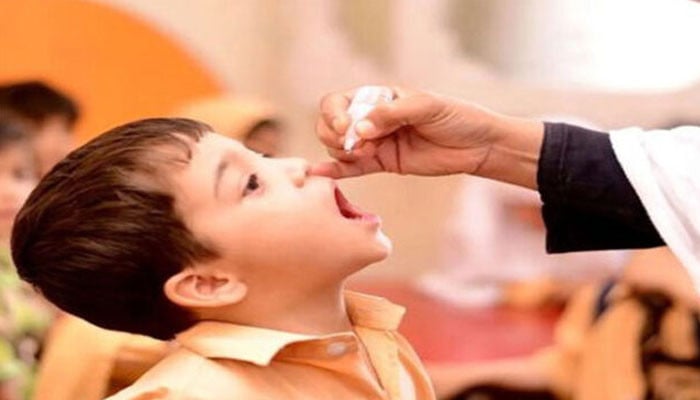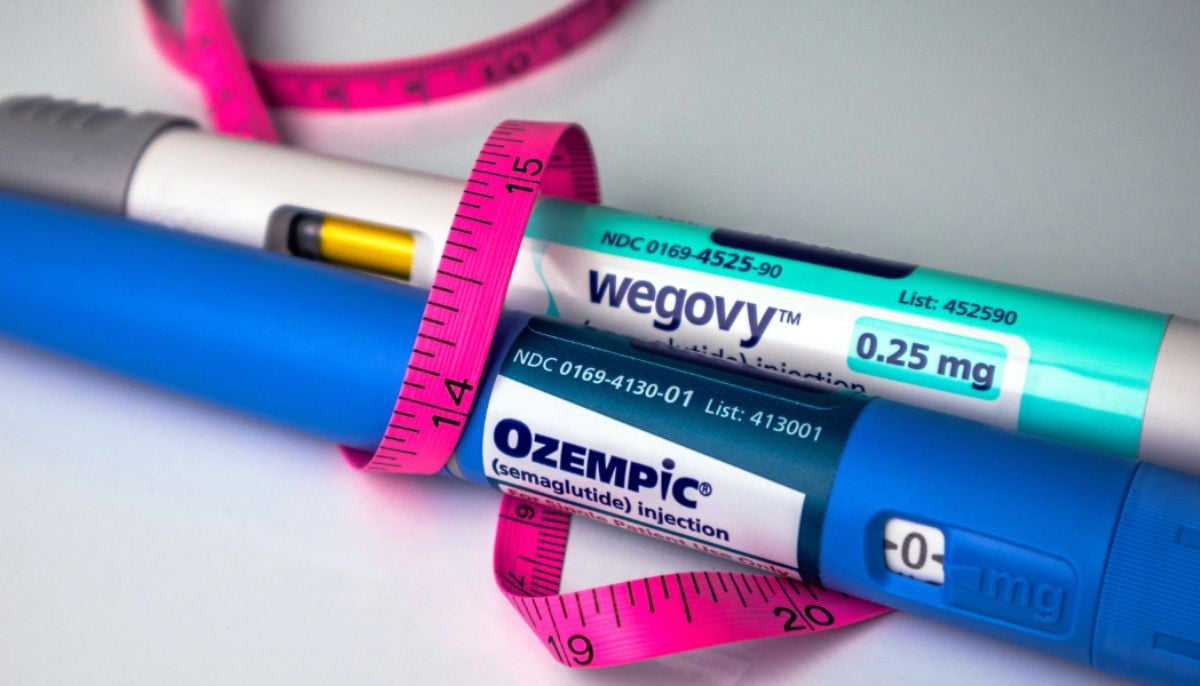Islamabad: A five-month-old baby from Lakki Marwat in South Khyber Pakhtunkhwa tested positively on Polio on Tuesday, which confirmed the total cases of the country at 19 to 19, confirmed the regional reference laboratory for polio extremization at the National Institute of Health (NIH) on Tuesday.
The new case of Union Council Sulemankhel is the 12th of the province alone, which expresses new concern for health officials.
The provincial health officials said that constant resistance to vaccination in parts of the province jeopardizes more children in this paralyzing disease.
The continuous detection of polio cases emphasizes the constant threat to children, especially in areas with low vaccine acceptance.
It is crucial for communities to understand that repeated vaccination is essential to protect every child against poliovirus.
Multiple doses are needed to build and maintain immunity. Every non -vaccinated child remains in danger and can contribute to further transfer of the virus.
Polio is a highly contagious and incurable disease that can cause lifelong paralysis. The only effective protection is due to repeated doses of the oral polio vaccine (OOG) for each child younger than five during each campaign, together with the timely completion of all essential immunisations.
Despite significant improvements in the quality of polio vaccination campaigns nationwide, the southern districts of Khyber Pakhtunkhwa remain an important point of care due to limited access, lack of female vaccinators and operational challenges in performing home-to-house vaccination.
These barriers continue to hinder immunization -efforts in southern Khyber Pakhtunkhwa, so that thousands of children do not vaccinate.
In the past year, the Pakistan Pei has made considerable progress. Since September 2024, six high -quality immunization campaigns, including four national campaigns, have successfully reached more than 45 million children.
The National Emergency Operations Center is planning to carry out two national and one subnational campaign between September and December 2025, in addition to targeted campaigns in selected risky districts.
These persistent efforts are essential to interrupt the transfer of poliovirus and to protect children throughout the country.
A special meeting at a high level was chaired by chief secretary KP, Shahab Ali Shah, in Peshawar on 2 and 3 August.
District teams of South KP presented tailor-made operational plans that emphasize Microplanning innovations, GAP analyzes and strategies to overcome persistent challenges in risky areas.
After in-depth deliberations, a consensus route map was completed, so that district strategies are tailored to the provincial vision for a polio-free KP.
The next polio vaccination campaign in Pakistan starts on 1 September, with a special focus on areas with high risk and priorities, including South Khyber Pakhtunkhwa.
The campaign is intended to vaccinate all children under the age of five, quickly stimulate their immunity and close gaps.
Parents and carers were asked to ensure that their children receive poliomales during this important campaign to help them protect against lifelong paralysis.
Polio exchanging is a collective responsibility that requires uniform efforts at all levels. While dedicated frontline polio-employees continue to deliver life-saving vaccines, it is crucial for parents and care providers to ensure that their children receive every dose of the polio vaccine.
Communities must play an active role by supporting vaccination efforts, removing incorrect information and encouraging others to protect their children by timely immunization.






